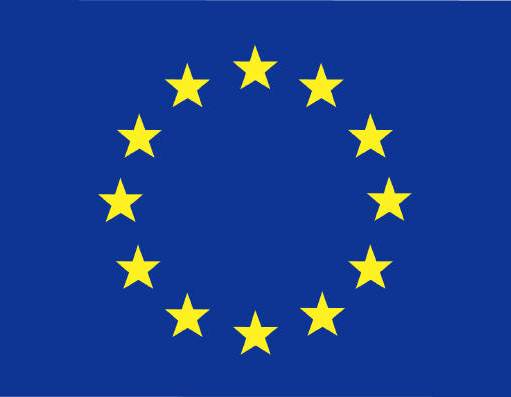1ST LEAD: EU says it is doing enough to combat recession
 Brussels - The European Union was doing all it could to combat its worst recession in 60 years, the bloc's leaders said as they met in Brussels to discuss the global economy and reforms of the international financial markets.
Brussels - The European Union was doing all it could to combat its worst recession in 60 years, the bloc's leaders said as they met in Brussels to discuss the global economy and reforms of the international financial markets.
"All member states have adopted important stimulus programmes," said German Chancellor Angela Merkel, who is seen as one of the strongest opponents to any further increases in the bloc's 400-billion-euro (540-billion-dollar) economic recovery package.
"We are getting to a point in which Europe is doing everything it can," said Swedish Prime Minister Fredrik Reinfeldt. Expressing deep concern over the state of the global economy, Reinfeldt said the large budget deficits of many EU member states meant there were "no easy solutions.
The summit in Brussels came amid dire new forecasts from the International Monetary Fund (IMF), which now expects the global economy to contract by up to 1 per cent in 2009.
The IMF expects a much deeper recession in the 16-member eurozone, with its gross domestic product (GDP) set to shrink by 3.2 per cent this year, compared to a drop of 2.6 per cent in the United States.
European Commission President Jose Manuel Barroso has urged EU governments to implement the bloc's fiscal stimulus plan, warning that calls to do more would undermine confidence in a swift recovery.
"Let's implement the plan and review it if necessary," Barroso said ahead of the summit. "Saying (now) the plan is not enough will not build confidence."
The EU's economic recovery package is worth 3.3 per cent of the bloc's annual GDP, spread over two years. But about half this amount is made up of so-called "automatic stabilizers" - non-discretionary public spending, such as for unemployment benefits, that naturally increases during a downturn.
The package has been described as insufficient by the administration of US President Barack Obama, and most recently by US economist and Nobel laureate Paul Krugman.
Britain and Spain, which are experiencing particularly sharp downturns, are also understood to be pushing for more to be done.
"The financial crisis is now an economic crisis. And it's a big problem for families in Europe. Europe should not stay indifferent and should make a bigger effort", said Spanish Employment Minister Celestino Corbacho.
The biggest contributor to the EU plan, Germany, has already pumped more than 80 billion euros into the economy. Merkel made it clear Thursday that governments should wait for the current measures to take effect.
"A bidding war of promises will not calm the situation," she told the German parliament.
In a joint letter addressed to the Czech presidency and the commission ahead of the summit, Merkel and French President Nicolas Sarkozy also warned member states against trying to spend their way out of the recession.
"Excessive public indebtedness threatens long-term global stability," the two leaders wrote. "Healthy public finances thus remain crucial for the credibility and stability of the European Union."
Thursday morning's meeting with the EU's social partners was largely devoted to finding ways of defending jobs from the continent's worst recession in 60 years.
"Our absolute priority must be to keep people in jobs," Barroso said.
His comments came as French workers held their second national strike in as many months, and amid growing social unrest in Latvia and other badly-affected nations.
The EU is to hold a special summit on employment in Prague in May.
Czech Prime Minister Mirek Topolanek, whose country holds the EU's rotating presidency, said that meeting should do its best to preserve one of the bloc's pillars - the free movement of workers - while improving labour flexibility and providing more training.
The Czech premier also echoed Barroso's view that Europe was doing its fair share in combating the global crisis.
"We have gone as far as we can in preparing the economic recovery plan. Now we have to implement what has been decided and assess its impact," Topolanek said.
Much of Thursday and Friday's summit was to be devoted on forging a common EU position on how to better regulate the international financial markets ahead of next month's Group of 20 summit in London.
Those discussions could turn sour because of calls to fight tax havens and other potential threats to "market integrity".
The leaders of Austria and Luxembourg fear being singled out by fellow heads of state and government because of their countries' bank secrecy rules and may well drive a hard bargain over dinner.
Another major bone of contention involves the possible use of 5 billion euros in community funds to improve internet access in rural areas, invest in environmentally-friendly projects and strengthen energy connections between member states as part of the economic recovery plan.
While the funds represent only a tiny part of the plan, governments were still in disagreement over how and where the money should be spent, with Germany emerging as one of its strongest critics. (dpa)